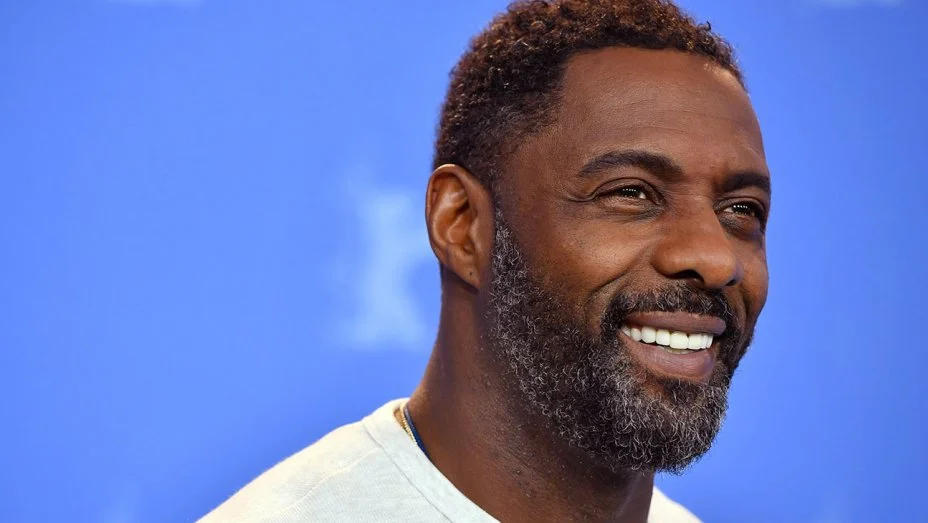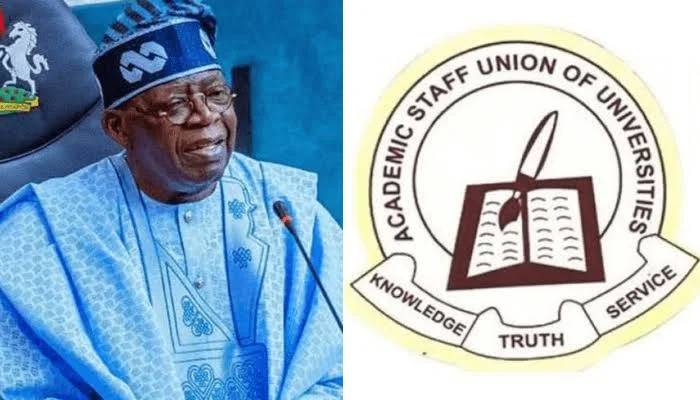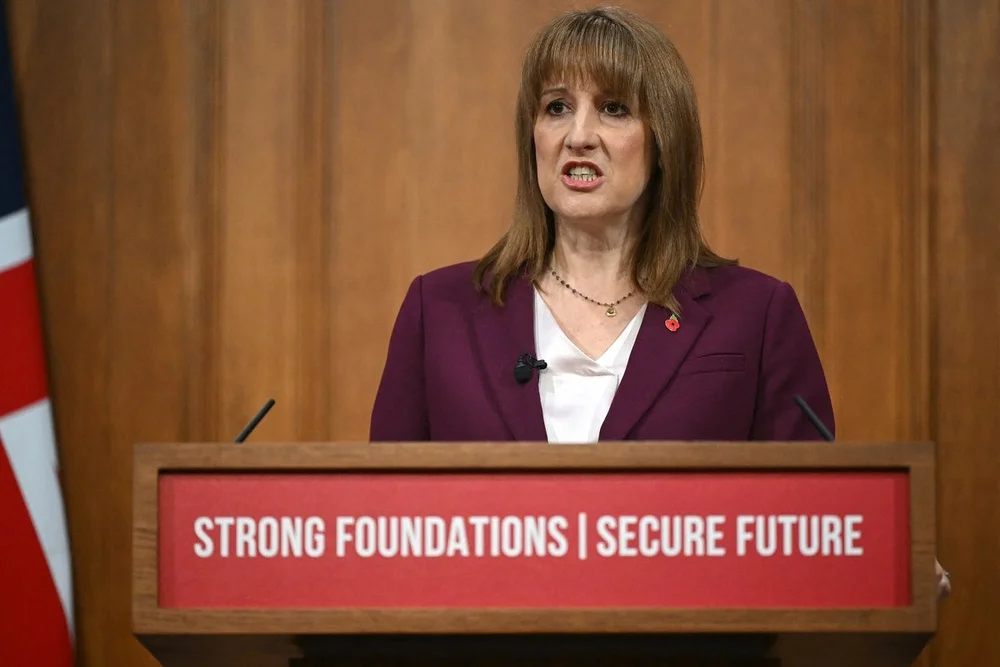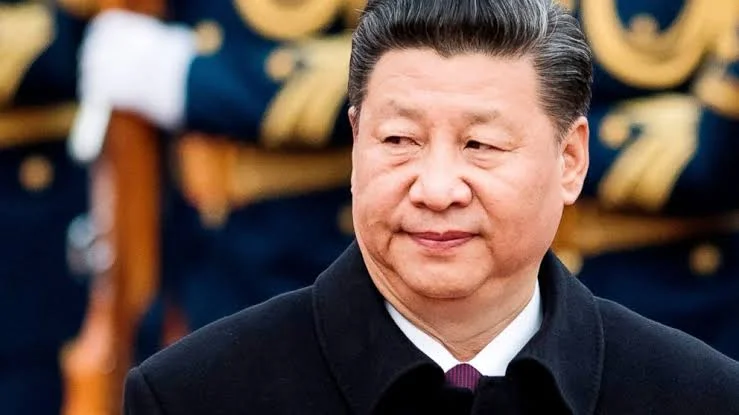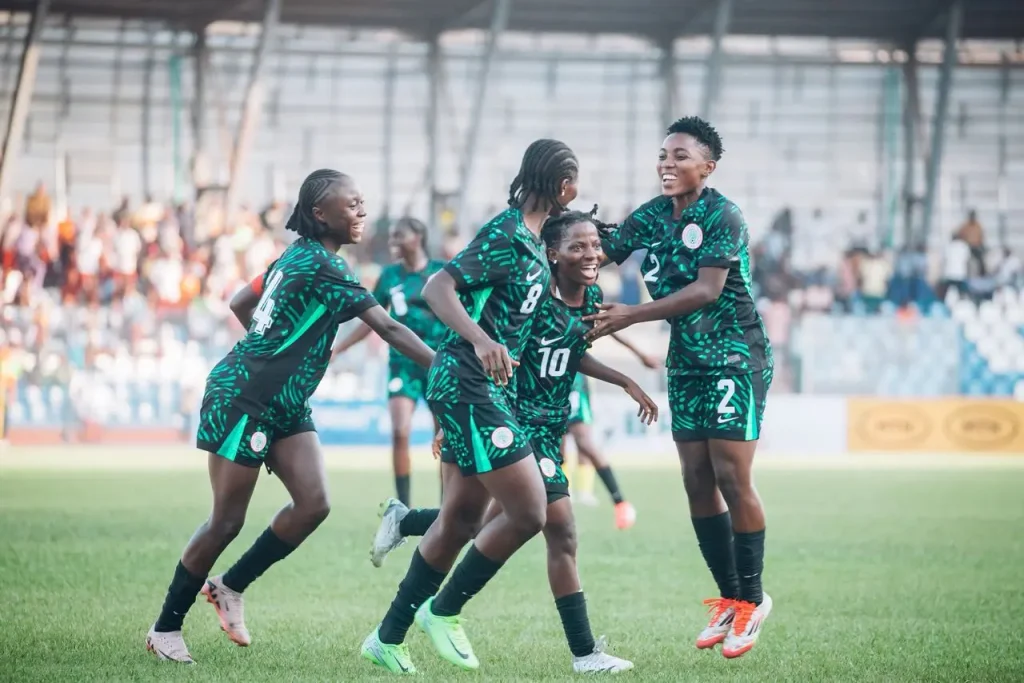In the heart of Accra, the capital of Ghana, the LGBT+ Rights Ghana Centre opened on January 31, 2021, as a safe haven for lesbian, gay, bisexual, transgender, and queer individuals.
For three weeks, it offered support and solidarity in a country where same-sex relationships are criminalized.
On February 24, national security forces raided the center, shutting it down after pressure from religious leaders, politicians, and anti-gay groups.
The closure, accompanied by death threats and online abuse targeting staff and visitors, left founder Alex Kofi Donkor fearing for his life.
Global Outcry and Open Letter
The raid prompted a powerful response from 67 prominent figures, including actor Idris Elba, supermodel Naomi Campbell, and British Vogue Editor-in-Chief Edward Enninful, who signed an open letter on March 1, 2021, under the banner “Ghana Supports Equality.”
Mostly of Ghanaian heritage, the signatories expressed “profound concern” over the safety of Ghana’s LGBTQ+ community, calling the raid “unacceptable.”
Addressed to President Nana Addo Dankwa Akufo-Addo and Ghana’s leaders, the letter urged dialogue, protection, and inclusivity to make the nation “even greater and stronger.”
Cultural and Legal Barriers
Ghana’s penal code criminalizes “unnatural carnal knowledge” with up to three years in prison, though prosecutions are rare. Widespread discrimination, blackmail, and violence against LGBTQ+ individuals persist, fueled by conservative cultural and religious sentiments.
The center’s opening, attended by diplomats from Denmark, Australia, and the EU, sparked accusations of promoting “un-African” values.
Sarah Adwoa Safo, minister-designate for gender, children, and social protection, declared the “criminality of LGBT” non-negotiable, while the Catholic Bishops’ Conference demanded the center’s closure.
Personal Stories of Struggle
For Kofi, a young trans person who found refuge at the center, the raid was devastating. “It was the one place I could be myself,” they said, recounting hiding from neighbors hurling insults after the news broke.
Kofi’s experience reflects the broader challenges faced by Ghana’s LGBTQ+ community, forced into secrecy by societal stigma.
Despite the closure, LGBT+ Rights Ghana continues to raise funds on GoFundMe to support financially strained members, even as threats persist.
A Call for Inclusivity
The open letter, amplified by celebrities like Elba, whose mother is Ghanaian, and Campbell, challenged Ghana’s “Akwaaba” identity—a nation of welcome.
Signatories like Yvonne Orji and Jidenna urged leaders to embrace inclusivity, supported by groups like Black Lives Matter UK and the Interfaith Diversity Network of West Africa.
However, resistance remains strong, with President Akufo-Addo stating on February 27 that same-sex marriage would not be legalized during his term, and groups like Journalists Against LGBT+ pushing for harsher laws.
The Fight Continues
In Accra, the LGBTQ+ community persists in secret gatherings, sharing stories of survival and hope. While innovations like Nigeria’s Gocreate app signal progress in the region’s creative sector, Ghana’s queer community fights for a fundamental right: to exist without fear.
The letter’s closing words resonate: “You are loved, you are important, and you deserve a safe place.” Whether Ghana’s leaders will respond with courage or entrench division remains uncertain, but the community’s resilience shines through the storm.


